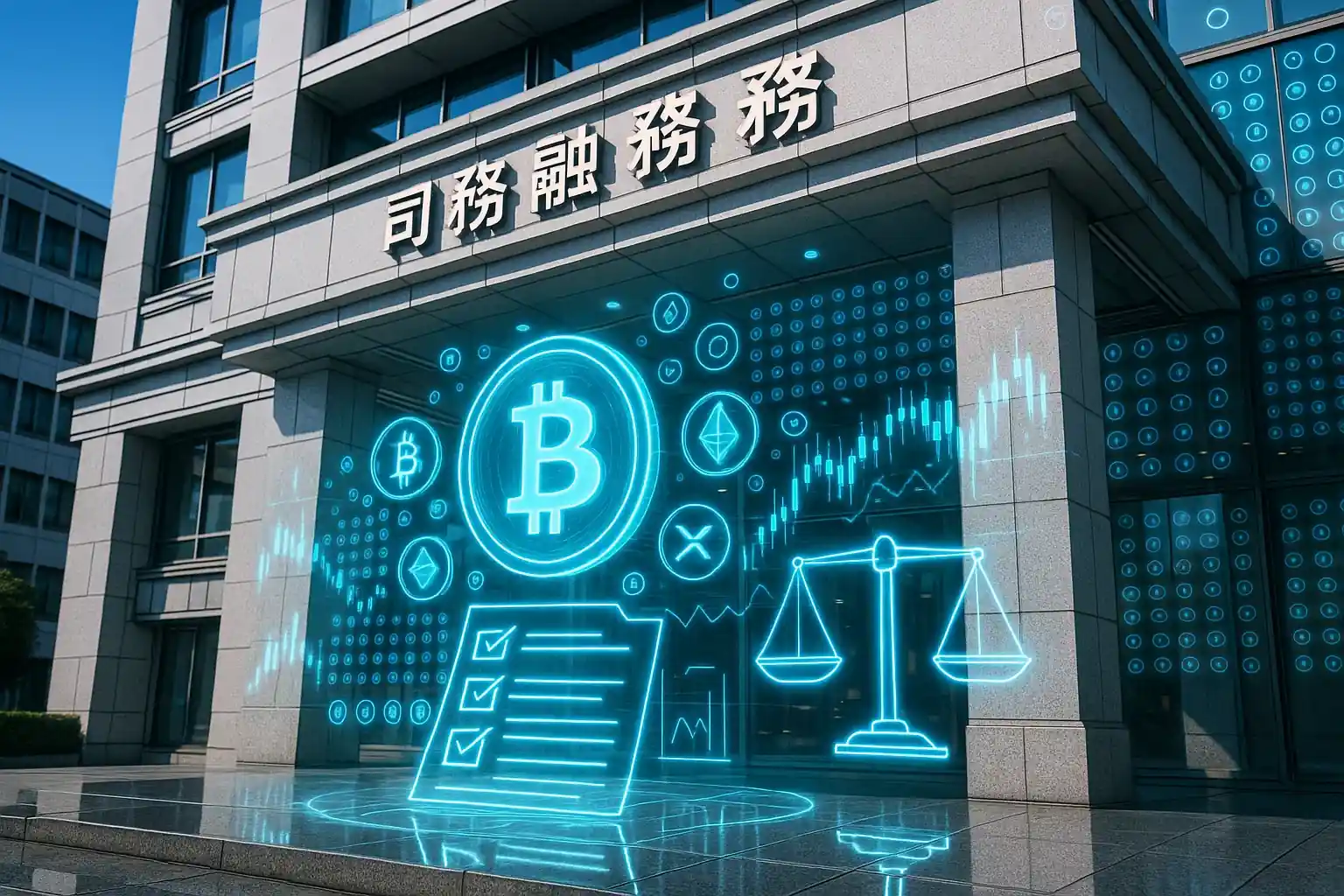Japan's top financial regulator is preparing a major overhaul of the country's crypto regulations, a reform that could redefine the way traders and exchanges deal with Bitcoin, Ethereum and more than 100 other assets.
According to a report by Asahi Shimbun, the Financial Services Agency (FSA) intends to reclassify 105 crypto-assets as 'financial products' under Japan's Financial Instruments and Exchange Act. The measure, expected to be finalised in early 2026, would bring major tokens into the same regulatory framework that governs traditional securities.
Crypto Reclassification Would End the Burdensome 55% Tax Burden
The change comes along with an equally significant proposal: to replace Japan's current progressive tax system, where traders in the top tier pay up to 55% on crypto profits, with a flat 20% capital gains tax, similar to that applied to stock trading.
For years, Japan's crypto community has criticised the punitive tax structure, arguing that it drives active traders abroad and hinders institutional participation. If the FSA's proposal is adopted in the 2026 tax reform package, Japan will fall in line with other major economies that treat cryptocurrencies more as investment assets than miscellaneous income.
"The FSA will also ask the government to implement tax rate reductions before the next financial year," Asahi reported, citing sources inside the agency.
105 Tokens Selected Through Transparency and Risk Assessments
Although thousands of tokens circulate worldwide, Japanese exchanges collectively support only 105. These will be the first under the new regime.
The FSA would evaluate tokens based on the transparency of issuers, the stability of their operating entities, the robustness of the underlying technology and perceived volatility risks. Bitcoin, Ethereum, and other large-capitalisation tokens meet these criteria, while many smaller or less transparent projects do not.
Japan's self-regulatory body, the Japan Virtual Currency Exchange Association (JVCEA), already maintains its own 'green list' of 30 tokens considered trustworthy, including BTC, ETH, XRP, MATIC, and LTC, which can be listed by exchanges without special approvals. The FSA's regulatory framework is expected to operate in parallel with the JVCEA's standards, not replace them.
New Insider Trading Restrictions in the Spotlight
The proposed reform goes beyond taxation and classification. The FSA also wants to impose strict rules on insider trading, prohibiting individuals or companies with access to non-public information, such as listing dates, delistings or an issuer's financial troubles, from trading such assets.
The rule mirrors restrictions long applied in Japanese stock markets and signals a growing belief in Tokyo that crypto markets should be subject to the same levels of protection.
The regulator aims to present a bill during the regular session of the Japanese Diet in early 2026.
For now, the FSA has made no official comments, but expectations are growing that Japan is preparing for one of the most significant regulatory breakthroughs in the crypto sector in the last decade.
The FSA is also preparing for one of the most significant regulatory breakthroughs in the crypto sector in the last decade.








